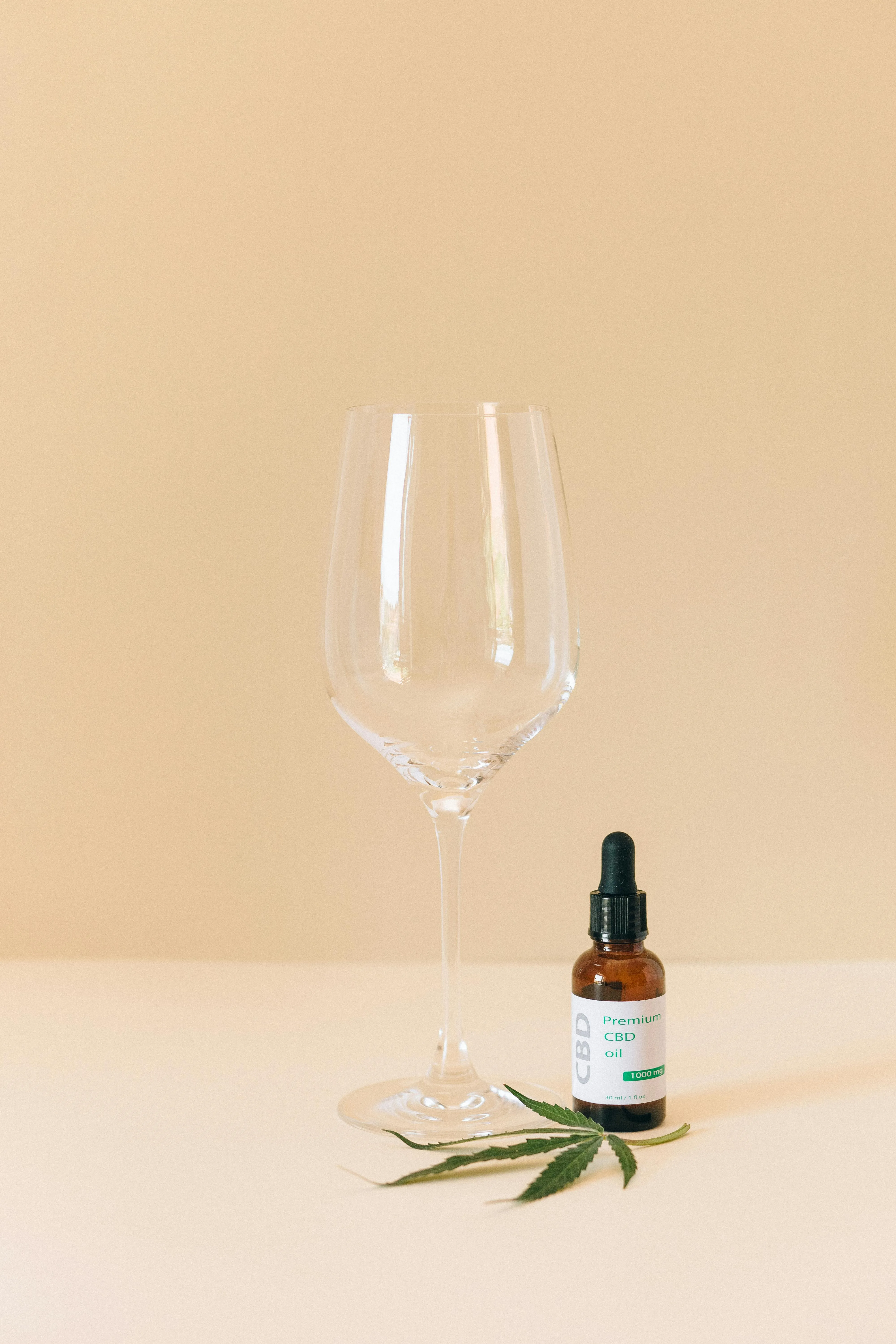Nature’s Pharmacy: Exploring the World of Herbal Relief
For centuries, humans have turned to nature for healing and solace. Long before modern medicine arose, herbs were our trusted allies, providing relief from a myriad of ailments. Today, as we navigate an increasingly complex world, the allure of natural remedies continues to grow. Herbalism, the practice of using plants for medicinal purposes, offers a gentler, often holistic approach to well-being.
But what exactly is herbal relief, and how can it benefit us? Simply put, it’s harnessing the power of plants to support our physical and mental health. Herbs contain a wide array of bioactive compounds – vitamins, minerals, antioxidants, and phytonutrients – that interact with our bodies in unique ways. This means different herbs have different strengths and are traditionally used for specific purposes.
Let’s dive into some popular examples:
* Chamomile: This calming herb is renowned for its soothing properties. A cup of chamomile tea before bedtime can help ease anxiety, promote relaxation, and encourage a restful night’s sleep.
* Lavender: With its beautiful purple blooms and delicate fragrance, lavender is a master at relieving stress and tension. Lavender essential oil can be used in aromatherapy to calm the mind and body, while lavender tea offers a similar effect.
* Ginger: This spicy root is a powerhouse when it comes to digestive discomfort. Ginger ale (made with real ginger!) can help settle an upset stomach, while ginger capsules are often used to alleviate nausea and motion sickness.
* Peppermint: Known for its refreshing flavor, peppermint oil is excellent for relieving headaches and muscle pain. Applied topically, it creates a cooling sensation that eases tension. Peppermint tea can also aid in digestion and soothe an irritated stomach.
* Echinacea: This immune-boosting herb is a popular choice during cold and flu season. Echinacea supplements are believed to shorten the duration of colds and reduce symptom severity.
Remember, while herbs offer natural relief, they are not a magic bullet. It’s crucial to approach herbalism with respect and responsibility. Always consult with a qualified healthcare professional before using any herbs, especially if you have underlying health conditions or are taking medications.
Here are some key things to keep in mind:
* Quality Matters: Source your herbs from reputable suppliers who prioritize organic growing practices and proper harvesting techniques.
* Dosage is Key: Follow recommended dosages carefully, as consuming too much of certain herbs can be harmful.
* Individual Responses Vary: What works for one person may not work for another. Pay attention to how your body responds to different herbs and adjust accordingly.
Herbalism offers a beautiful bridge between ancient wisdom and modern wellness practices. By understanding the power of plants, we can tap into nature’s pharmacy for gentle and effective relief.
Remember, embracing herbal remedies is about taking an active role in your health journey. It’s about listening to your body, connecting with nature, and finding balance through the healing properties of plants.